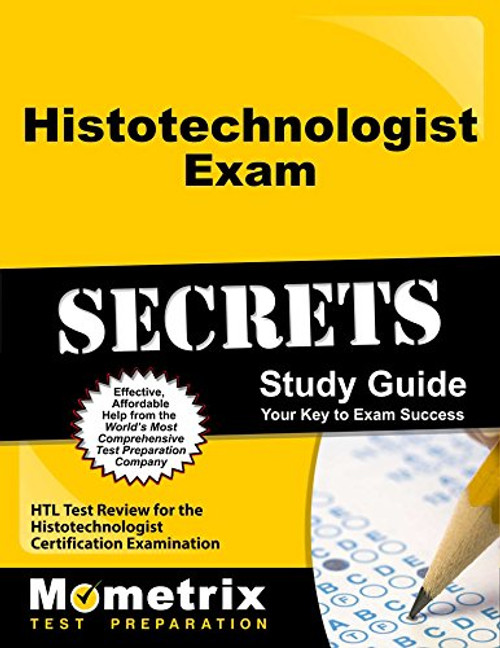Product Overview
***Includes Practice Test Questions*** Get the test prep help you need to be successful on the MTTC Chemistry test. The MTTC Chemistry (18) Test is extremely challenging and thorough test preparation is essential for success. MTTC Chemistry (18) Test Secrets Study Guide is the ideal prep solution for anyone who wants to pass the MTTC Chemistry Test. Not only does it provide a comprehensive guide to the MTTC Chemistry Test as a whole, it also provides practice test questions as well as detailed explanations of each answer. MTTC Chemistry (18) Test Secrets Study Guide includes:
- A detailed overview of the MTTC Chemistry (18) Test
- A guide to reflecting on and constructing scientific knowledge
- An in-depth look at using inorganic chemistry
- A breakdown of using physical chemistry
- An extensive review of using organic chemistry and biochemistry
- Comprehensive practice questions with detailed answer explanations
- Processes involved in scientific inquiry / experimental design
- Nature of scientific knowledge / historical developments
- Science, technology, society, and the environment
- Data, measurement, and analysis
- Laboratory and safety
- Organization of matter
- Particulate structure of matter
- Conservation of energy and matter
- Forms of energy
- Naming simple inorganic compounds
- Mole concept
- Bonding and structure
- Periodic table and trends
- Balancing chemical equations and stoichiometry
- Chemical kinetics
- Chemical reaction equilibrium
- Oxidation-reduction reactions
- Equilibrium in ionic solutions
- Properties of acids and bases
- pH scale
- Acid-base titrations
- Equilibrium relationships in acid-base chemistry
- Chemical/physical properties/changes
- Temperature and thermal energy
- Phase transitions
- Kinetic molecular theory and ideal gas laws
- Energetics of chemical reactions / laws of thermodynamics
- Current model of atomic structure / electron configuration
- Electronic absorption and emission spectra
- Solutions and solubility
- Naming common organic compounds
- Important biochemical compounds
- Common organic compounds






